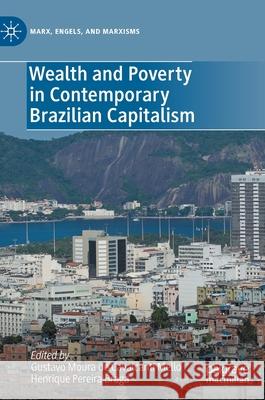Wealth and Poverty in Contemporary Brazilian Capitalism » książka
topmenu
Wealth and Poverty in Contemporary Brazilian Capitalism
ISBN-13: 9783030822972 / Angielski / Twarda / 2021 / 281 str.
Wealth and Poverty in Contemporary Brazilian Capitalism
ISBN-13: 9783030822972 / Angielski / Twarda / 2021 / 281 str.
cena 562,23
(netto: 535,46 VAT: 5%)
Najniższa cena z 30 dni: 539,74
(netto: 535,46 VAT: 5%)
Najniższa cena z 30 dni: 539,74
Termin realizacji zamówienia:
ok. 22 dni roboczych.
ok. 22 dni roboczych.
Darmowa dostawa!
Kategorie BISAC:
Wydawca:
Palgrave MacMillan
Seria wydawnicza:
Język:
Angielski
ISBN-13:
9783030822972
Rok wydania:
2021
Wydanie:
2022
Numer serii:
000766862
Ilość stron:
281
Waga:
0.45 kg
Wymiary:
21.01 x 14.81 x 1.6
Oprawa:
Twarda
Wolumenów:
01
Dodatkowe informacje:
Wydanie ilustrowane











